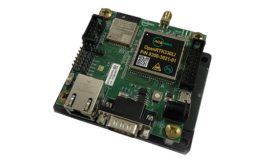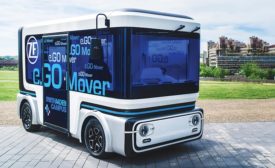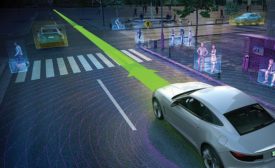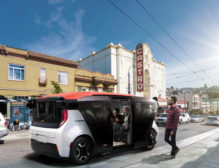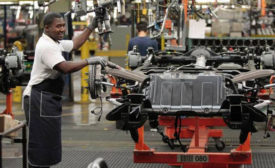Home » autonomous vehicles
Articles Tagged with ''autonomous vehicles''
Autonomous vehicle opportunities and challenges
Recent industry developments are looking to save lives, reduce injuries, and spread mobility equitably, but education—of developers and consumers—is one important element to AV technology development and adoption.
September 10, 2020
Driven by data
The twin technologies of big data and machine technology will have to work together in order to propel autonomous vehicle development forward, and industry players from automakers to chipmakers are gearing up for a long and winding road.
September 10, 2020
Manufacturing Fact vs. Science Fiction
Here’s a look at some manufacturing technologies of today that were once predicted in science fiction stories
May 16, 2019
IoT Promises a Future of Guaranteed Outcomes
Smart homes and autonomous driving will be built within ecosystems
May 15, 2019
Never miss the latest news and trends driving the manufacturing industry
Stay in the know on the latest assembly trends.
JOIN TODAY!Copyright ©2024. All Rights Reserved BNP Media.
Design, CMS, Hosting & Web Development :: ePublishing
